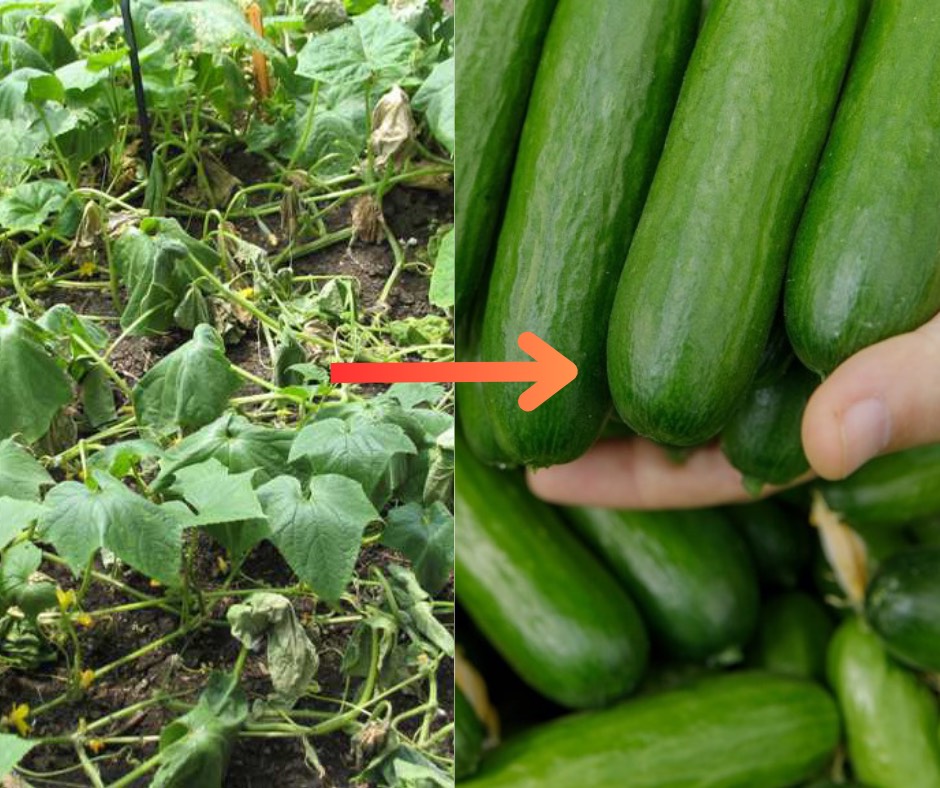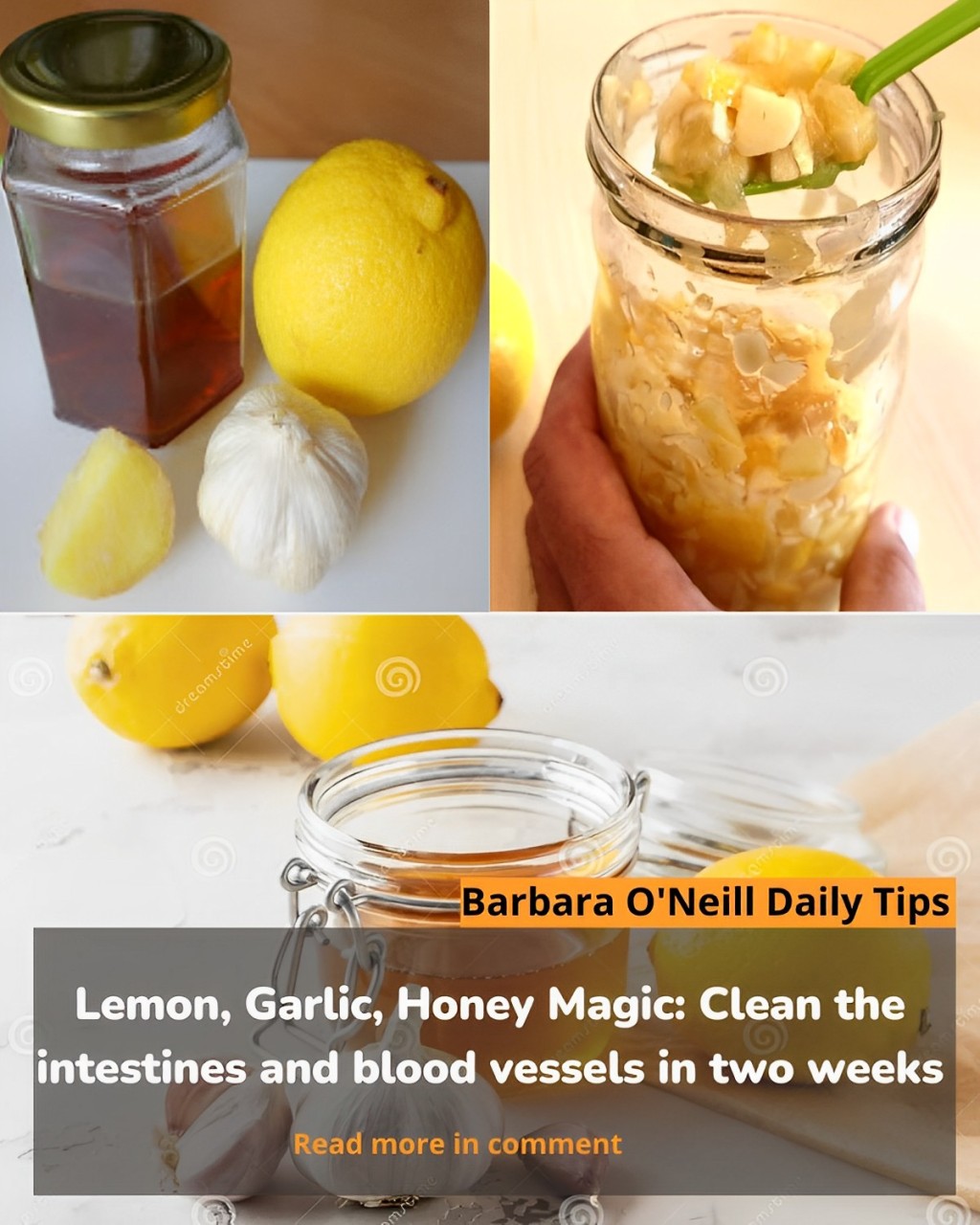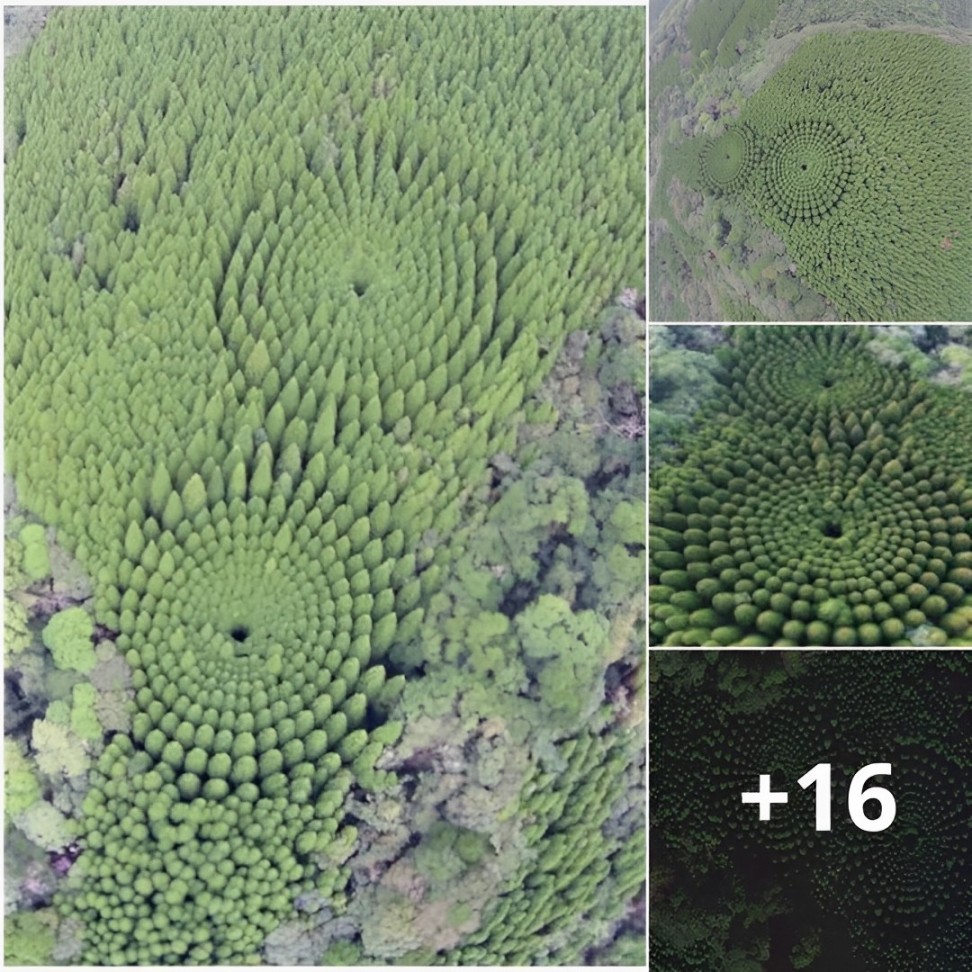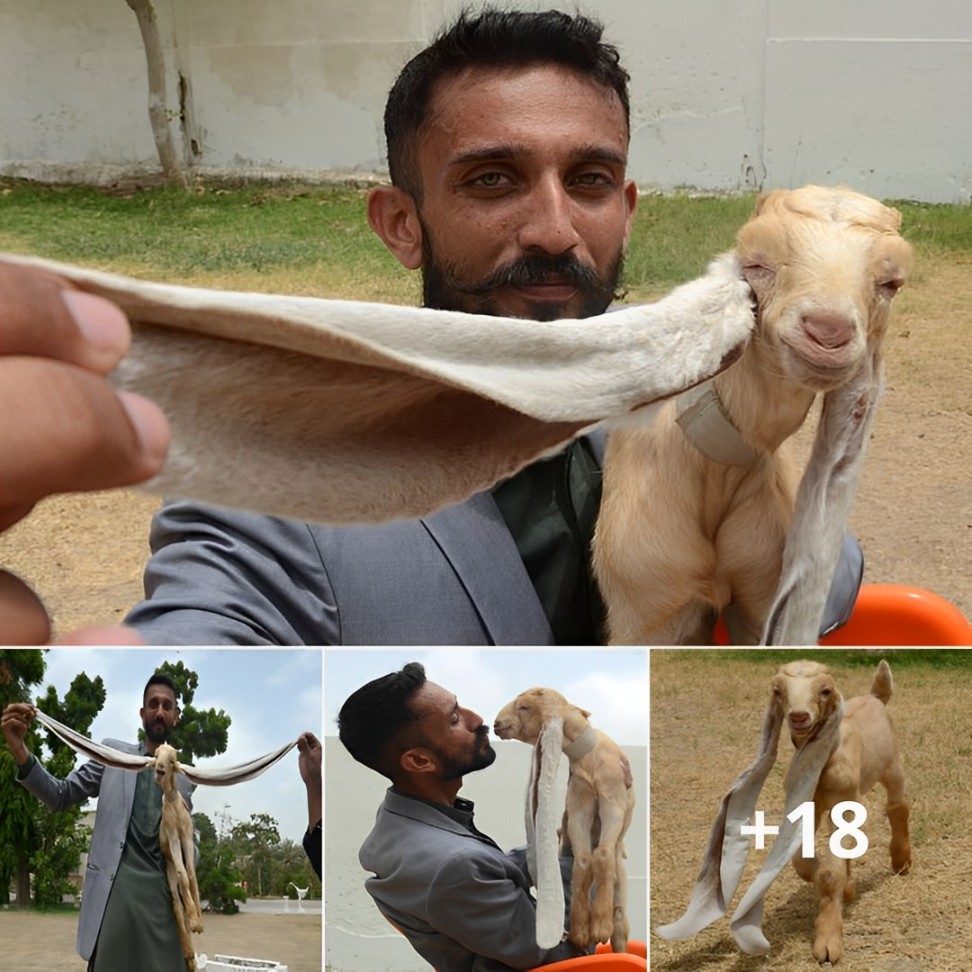The mangalica is the only pig species covered in a long wool coat, similar to a sheep’s.

Move over, sheep and pigs! There’s a new kid in town, and it’s a combination of the two – the mangalica pig. Yes, you read that right – this is a pig that has the curly, woolly coat of a sheep. It’s like someone decided to play mad scientist and crossbreed two animals just for fun.
Joking aside, this creature is technically a pig, but it has a fuzzy, sheeplike appearance for which it is often referred as a “sheep pig.” What is more, the mangalica can also be tame as a sheep, so it can even make a good house pet – if you have the space for it. According to one breeder, “if you treat them nicely, they’ll become as tame as dogs–they’ll follow you, play with you.”
 Image via Dalby Farm
Image via Dalby Farm
The mangalica is actually the only woolly pig species in the world, and it’s become something of a celebrity in recent years as people just can’t seem to get enough of this fluffy, four-legged wonder. It’s rather surprising, therefore, that this Hungarian breed faced extinction just a few decades ago when its native land was encountering communism.
The mangalica was first bred in Hungary in the mid-19th century by crossbreeding local Hungarian and Serbian pig breeds with wild boars. The breed quickly gained popularity among farmers due to its ability to withstand cold temperatures, thanks to its thick, woolly coat. By the early 20th century, these bushy guys had become the most popular pig breed in Hungary.
 Half pig (or sheep?), half wild boar. Image credit: Nienetwiler
Half pig (or sheep?), half wild boar. Image credit: Nienetwiler
However, with the introduction of commercial pig farming and the rise of leaner pig breeds, the popularity of the mangalica dwindled. Sadly, by the 1990s the breed was on the verge of extinction, with only a few hundred fluffhogs remaining.
Fortunately, the sheep pig was rediscovered by a group of enthusiasts who recognized its unique qualities and began to promote its preservation. Nowadays, the keeping of mangalica has become a popular hobby and over 7,000 sows in Hungary are giving birth to around 60,000 piglets a year.
 Image via Dalby Farm
Image via Dalby Farm
But let’s not forget the practical uses of the mangalica – besides the fact that some nasty people actually eat these lovely guys and refer to their rich, tasty meat as the “Kobe beef of pork.”
As already mentioned, its woolly coat is thick and warm, making it perfect for cold climates. You could shear one of these bad boys and make yourself a cozy sweater that would keep you warm all winter long. Who needs a sheep when you have a pig that can do the job just as well?
 Image via Dalby Farm
Image via Dalby Farm
Of course, there are some downsides to owning a mangalica. For one thing, they’re not the most agile creatures. Their woolly coats make them a bit heavier than your average pig, so they’re not exactly built for speed. You’re not going to see a mangalica sprinting around a track anytime soon.
And let’s not forget about the grooming. If you thought brushing your dog’s hair was a chore, just imagine trying to comb through a pig’s woolly coat. It’s like trying to untangle a giant ball of yarn. But hey, at least you’ll have plenty of material to knit yourself a sweater after you’re done.
 Image credit: Unknown author
Image credit: Unknown author
Now to cut the comedy, the mangalica is a fascinating animal. It’s a testament to the wonders of nature and the endless possibilities of genetic variation. Who knows what other strange and wondrous creatures might be lurking out there, waiting to be discovered? Maybe one day we’ll find a unicorn-dragon hybrid, or a hippo-elephant crossbreed. The possibilities are endless.
In the meantime, let’s just appreciate the mangalica for what it is – a cute, cuddly, and slightly ridiculous animal that brings a smile to our faces. Who needs a regular pig or sheep when you can have the best of both worlds?





